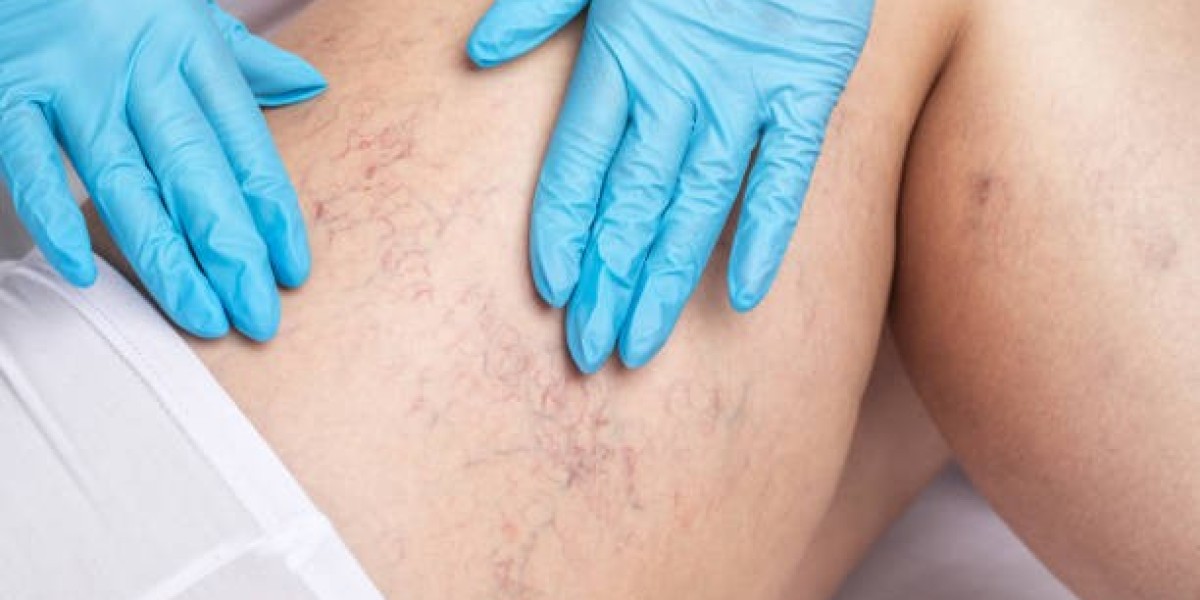Recovering from vascular surgery is a crucial phase that significantly impacts your long-term health and quality of life. Whether you are undergoing a procedure for varicose veins, aneurysms, or arterial blockages, understanding how to navigate your recovery effectively can lead to better outcomes. This guide offers expert tips for a smooth recovery from vascular surgery in Riyadh, addressing key areas such as post-operative care, lifestyle adjustments, and follow-up consultations.
Understanding Vascular Surgery
What Is Vascular Surgery?
Vascular surgery involves the diagnosis and treatment of conditions affecting the vascular system, including arteries and veins. Common procedures include endovascular surgeries, bypass surgeries, and sclerotherapy. Knowing the type of surgery you are undergoing can help you tailor your recovery plan accordingly.
Importance of Recovery
Post-surgery recovery is essential for minimizing complications and ensuring the success of the procedure. Engaging in proper recovery practices not only promotes healing but also helps prevent recurrence of vascular issues.
Preparing for Recovery
Setting Up Your Home Environment
Before your surgery, prepare your home to facilitate a comfortable recovery. Create a designated resting area with easy access to necessities like water, medications, and snacks. A clean and organized space can help reduce stress during your recovery period.
Understanding Post-Operative Instructions
Your medical team will provide specific instructions for post-operative care. Make sure to understand the guidelines regarding medications, activity levels, and wound care. Having this information readily available will help you adhere to your recovery plan effectively.
Managing Pain and Discomfort
Medications for Pain Management
Pain is a common experience following vascular surgery in Riyadh. Your healthcare provider will prescribe medications to help manage this discomfort. Take your medications as directed, and don’t hesitate to reach out if you experience inadequate pain relief.
Techniques to Alleviate Discomfort
In addition to medication, there are several techniques to alleviate pain, including:
- Heat and Cold Therapy: Use ice packs or heating pads as recommended to reduce swelling and relieve discomfort.
- Elevation: Elevating the surgical area can minimize swelling and promote better blood flow.
Nutrition and Hydration
Importance of a Balanced Diet
A balanced diet plays a critical role in your recovery. Focus on consuming nutrient-rich foods that promote healing, such as fruits, vegetables, lean proteins, and whole grains. These nutrients support tissue repair and overall health.
Staying Hydrated
Hydration is equally vital. Drink plenty of water to help flush out toxins and support circulation. Avoid excessive caffeine and alcohol, as these can dehydrate your body and hinder recovery.
Physical Activity and Rehabilitation
Gradual Return to Activity
While rest is important, it's also crucial to gradually reintroduce physical activity into your routine. Start with light activities, such as walking, to improve circulation and prevent blood clots. Listen to your body and avoid any strenuous activities until cleared by your healthcare provider.
Rehabilitation Programs
Consider enrolling in a rehabilitation program tailored for vascular surgery patients. These programs offer guided exercises and education on managing your condition effectively. Engaging in structured rehabilitation can speed up your recovery and enhance your overall well-being.
Wound Care and Monitoring
Caring for Your Surgical Site
Proper wound care is essential to prevent infections. Keep the surgical site clean and dry, and follow your healthcare provider's instructions on dressing changes. If you notice any signs of infection, such as redness, swelling, or discharge, contact your healthcare team immediately.
Monitoring for Complications
Be vigilant in monitoring your recovery for any potential complications. Watch for symptoms such as excessive bleeding, severe pain, or swelling in the limbs. Understanding these warning signs can help you seek timely medical assistance and avoid serious issues.
Follow-Up Appointments
Importance of Regular Check-Ups
Follow-up appointments are vital for assessing your recovery progress and ensuring your surgical site is healing properly. During these visits, your healthcare team can address any concerns you may have and adjust your recovery plan as necessary.
Preparing for Your Appointments
Before your follow-up visits, prepare a list of questions and concerns. This preparation will help you make the most of your time with your healthcare provider and ensure you leave with the information you need to continue your recovery successfully.
Emotional Well-Being
Addressing Emotional Health
Recovery from vascular surgery in Riyadh can be both physically and emotionally taxing. It's common to experience feelings of anxiety or depression. Acknowledging these emotions is the first step toward managing them effectively.
Seeking Support
Don't hesitate to seek support from friends, family, or mental health professionals. Engaging in support groups or online communities can also provide a platform to share experiences and gain insights from others who have undergone similar surgeries.
Staying Informed
Educating Yourself About Your Condition
Knowledge is power. Stay informed about your vascular condition and the steps you can take to maintain your health post-surgery. Resources like medical journals, patient education materials, and reputable online platforms can provide valuable information.
Engaging with Healthcare Professionals
Maintain open communication with your healthcare team. Don’t hesitate to ask questions or express concerns regarding your recovery. Being proactive in your healthcare can lead to better outcomes and a smoother recovery process.
Conclusion
Recovering from vascular surgery in Riyadh requires careful planning and a commitment to follow best practices for healing. By preparing your home environment, managing pain, focusing on nutrition, and gradually returning to physical activity, you can enhance your recovery experience. Remember that emotional well-being is equally important, so seek support when needed. With these expert tips, you can pave the way for a successful recovery and return to a healthier, more active life.









